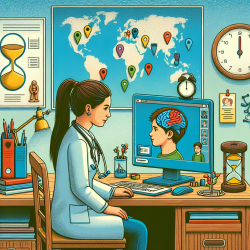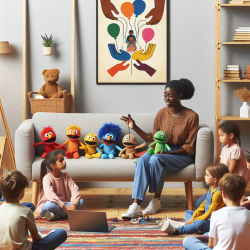Internet-delivered Cognitive-Behavioural Therapy (ICBT) is a valuable approach for improving client access to effective mental health care. A recent study titled Perceptions of client stories in internet-delivered cognitive behaviour therapy: A mixed-methods evaluation provides critical insights into the role of client stories in ICBT. This blog post aims to help practitioners enhance their skills by implementing the outcomes of this research or encouraging further investigation.
Key Findings
The study explored client perceptions of stories in ICBT, examining their relationship to treatment engagement, satisfaction, and outcomes. Key findings include:
- Most clients reviewed at least some stories (79.06% at 4 weeks, 71.95% at 8 weeks).
- Clients rated stories positively for being relatable, making them feel less alone, increasing knowledge, providing ideas for skill use, and motivating them to use skills.
- Positive perceptions of stories were associated with decreased anxiety symptom severity post-treatment.
- Clients with lower symptom severity and higher treatment satisfaction rated stories more positively.
- Suggestions for improving stories included increasing the variety of issues, enhancing relatability, ensuring realism, refining formatting, and shortening the stories.
Implementing Research Outcomes
Practitioners can enhance their ICBT programs by incorporating the following recommendations based on the study's findings:
- Increase Story Variety: Include diverse issues such as parenting, neurodiversity, and different types of anxiety to cater to a broader client base.
- Enhance Relatability: Develop stories that reflect the severity and context of clients' experiences, making them more relatable.
- Ensure Realism: Create realistic narratives that avoid overly simplistic or generic portrayals of mental health challenges.
- Refine Formatting: Consider audio or video narrations, and improve the aesthetic elements like font and color for better engagement.
- Shorten Stories: Make stories concise to maintain client attention and reduce cognitive load.
Encouraging Further Research
While this study provides valuable insights, further research is necessary to explore the complex interactions between client characteristics, story characteristics, and treatment outcomes. Future studies could compare programs with and without stories or investigate the impact of tailored stories on different client demographics.
To read the original research paper, please follow this link: Perceptions of client stories in internet-delivered cognitive behaviour therapy: A mixed-methods evaluation.










